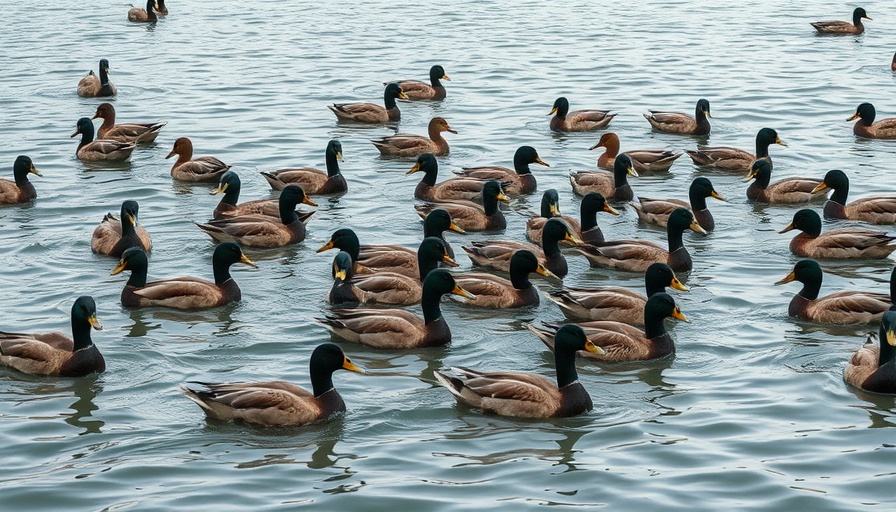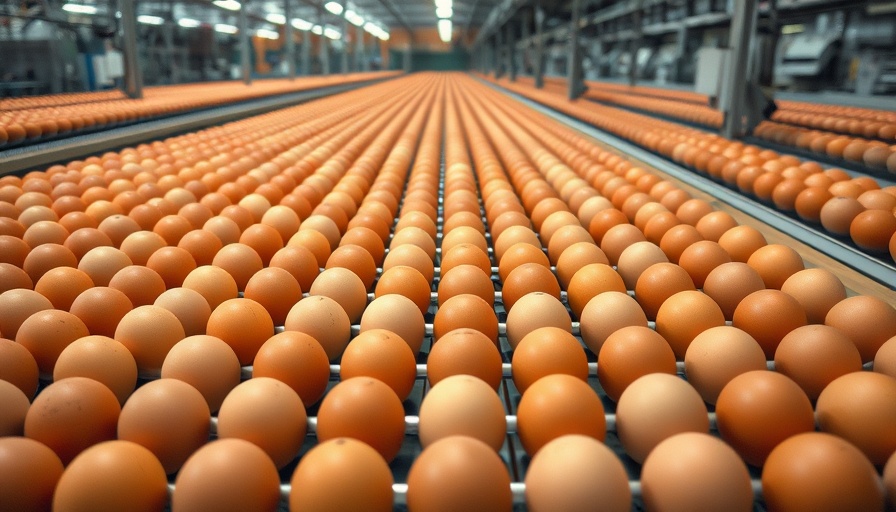
Uncovering the Wild Diet of Ducks: What Do They Really Eat?
When observing ducks in their natural habitats, it’s easy to wonder what these adaptable birds find to eat. Ducks are omnivorous creatures, and their diet is incredibly diverse, closely linked to their environment. As they forage, they consume a variety of foods, including aquatic plants, insects, small fish, and algae, bringing a wealth of flavors to their daily sustenance.
Feeding Habits of Dabbling vs. Diving Ducks
Dabbling ducks, which tend to inhabit shallow waters, exhibit unique feeding behaviors. These ducks dip their heads underwater to scoop up vegetation and insects, and they often graze on land for a variety of plant-based foods like seeds, berries, and even acorns. This adaptability allows them to maintain a balanced diet depending on the season and availability of food sources.
Conversely, diving ducks prefer deeper waters and utilize their impressive diving abilities to forage for fish and invertebrates. Their diets may include small crustaceans and aquatic insects, showcasing a tailored approach to feeding that reflects their specific habitat needs.
Seasonal Variations in Duck Diets
The diet of wild ducks is not static; it varies throughout the year. During breeding season, for example, ducklings require a diet rich in protein, which is crucial for their growth. Adults might shift their preferences based on food availability, with some species targeting specific aquatic plants or insects as they migrate.
Understanding these seasonal shifts is vital for anyone interested in wild duck populations. This knowledge can help in the conservation efforts to maintain their habitats, ensuring that both adult ducks and their ducklings have access to the food sources they need to thrive.
Responsible Feeding in Urban Areas
In urban settings, many people love to feed ducks in local ponds and parks. While it can be enjoyable for both humans and ducks, it is essential to provide healthy food options. Bread, often a common choice, offers little nutritional value. Instead, whole grains, seeds, and fresh vegetables can be better alternatives for these birds.
By feeding wild ducks responsibly, urban residents can contribute to the well-being of these beautiful birds without harming their natural foraging behaviors.
Conclusion: The Fascinating Lives of Ducks
Ultimately, the diet of wild ducks is a fascinating subject that highlights their adaptability and resourcefulness in various environments. From dabbling to diving, ducks have evolved complex feeding habits that ensure their survival in changing habitats. Whether you're birdwatching at a local pond or studying their diets for a school project, understanding what ducks eat in the wild opens up a window into their intriguing lives.
 Add Row
Add Row  Add
Add 




 Add Row
Add Row  Add
Add 

Write A Comment